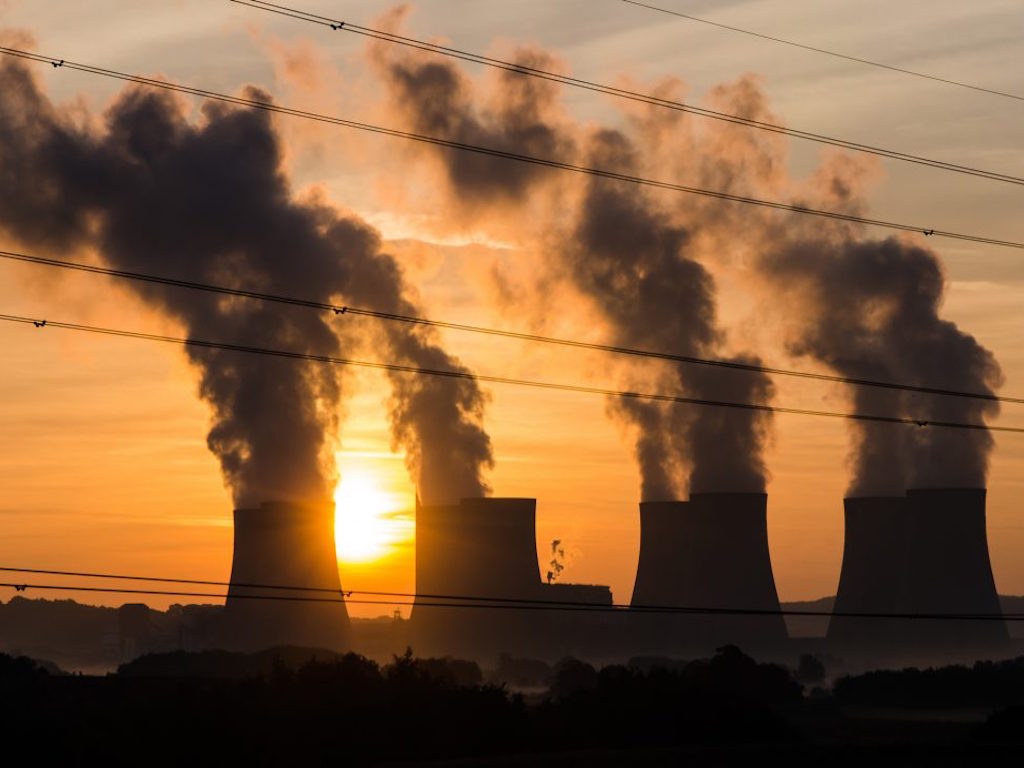3 Mins Read
New data compiled by the United States-based Climate Accountability Institute and revealed by the Guardian confirms what many already know: at the core of the climate crisis is the fossil fuel industry. The crucial finding from the analysis is that 20 oil, gas and coal companies can be directly linked to over one third of all energy industry greenhouse gases in modern history. Despite knowing the destruction and dangers their activities pose to our planet and people, fossil fuel companies have been driving climate change and hold the key to avoiding impending disaster. What this points to is the urgent need for divestment, in spite of skepticism amongst some leaders.
A team of researchers at the Climate Accountability Institute, led by Richard Heede, have traced the role of big oil on our current climate emergency since 1965, the year which the environmental impact of fossil fuels became known to global industry heads and politicians. Their main finding is that 20 companies have contributed to 35% of all energy-related carbon dioxide and methane globally, which equates to 480 billion tonnes of carbon dioxide since 1965. Out of all these emissions produced by the 20 companies, 90% were generated from their petrol, jet fuel, natural gas and thermal coal operations, while the rest were from extraction and delivering fuels.
At the top of the list of the worst 20 polluting companies include well-known oil brands like Chevron, Exxon, BP and Shell – these four corporations alone are accountable for 10% of global carbon emissions since 1965. The list also featured 12 state-owned corporations, including Russia’s Gazprom and Saudi Arabia’s Aramco.
Speaking to the Guardian on these findings, climate scientist Michael Mann said: “The great tragedy of the climate crisis is that seven and a half billion people must pay the price – in the form of a degraded planet – so that a couple of dozen polluting interests can continue to make record profits.”
While many of the global giants in the industry have publicly stated that they were making efforts to shift to renewables or low-carbon energy sources, lead researcher of the study Richard Heede expressed that these companies have collectively continued to delay action in spite of the deadly consequences of our climate crisis. He said that “leading companies and industry associations were aware of, or willfully ignored the threat of climate change from continued use of their products since the late 1950s.”
Heede’s comments are well-backed by previous scientific research. According to a 2017 analysis published by the Union of Concerned Scientists in the United States, greenhouse gas emissions from 90 companies alone were responsible for nearly 50% of the global temperature rise and almost one third of sea level rise between 1880 – 2010. A more recent study in March this year, led by InfluenceMap, also confirms that these very companies are actively delaying climate action, spending nearly US$200 million annually in lobbying efforts to block climate policies.
In spite of what notable world figures like Bill Gates have said about the lack of potential in divestment, if the worst polluting companies in the industry are targeted, then stopping the money that flows into these corporations can make a difference. There has already been some progress in some Western countries, thanks to movements such as the Go Fossil Free network, who have pushed for fossil fuel divestment as a tool to break the industry’s operations and lower our global footprint. Beginning in university campuses across the United States since 2011, many institutional investors have already pledged to divest trillions of dollars from fossil fuel companies, leading to even coal company Peabody Energy citing it as a reason to file for bankruptcy in 2016.
We have already been repeatedly warned by the top climate scientists and the United Nations that we have no time left to act if we are to avoid the worst consequences that climate change will bring. Especially in Asia, where climate change is to hit the region’s countries the hardest, it is vital that there is a globally concerted effort to pressure the world’s biggest culprits when it comes to climate change inducing emissions to make changes.
Lead image courtesy of Better World International.




